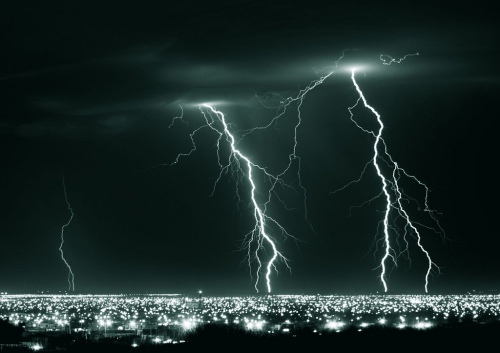I care very deeply about documenting the process of change.
Whenever I think about change, I think about the montage scene. Actually, I think of one specific montage scene: the one in Dirty Dancing when Jennifer Grey learns, through much trial and error, how to ballroom dance well enough to fill in for a professional. That is my quintessential montage scene.
But as useful as the montage scene is, it fails on some fundamental level to reflect the reality of change: that it is slow, and it is hard, and it is filled with doubt and confusion and setbacks, and it hurts. If you’re learning how to dance, it really hurts. Your thighs hurt, and your calves hurt, and your low back hurts because your posture kind of sucks, and your weak ankle aches, and the morning after your first time dancing, you can barely crawl out of bed, it hurts so bad.
The montage scene doesn’t really show the pain, and it doesn’t really show the duration, either. Change takes so much time. Even once you get it, or at least think you do, you often have to realize it all over again a month later, or six months later, or two years later. And each time, there’s this “Aha” moment, and each time it feels important, and each time you move forward, and each time there is still further forward that you could go.
Which is to say, I feel incredibly proud of the personal change I’ve been able to accomplish, symbolized by the tweet Ferrett made back in February. I am proud of it the way I’m proud I started a business. I’m proud of it the way I imagine I’ll be proud when my first novel hits the shelves someday. It is a major accomplishment for me.
And yet. There is still further forward for me to go. I am not magically finished, not suddenly foolproof at the art of not giving a fuck. No, what has happened is that I’ve made visible progress, and that is awesome. Meanwhile the work continues.
Last week I talked about feeling tired in dating. And a lot of that fatigue is tied up, for me, in the act of presentation. Which is all tied in to me still being invested in things of which I’d rather let go. I’ve got this act down. I am tactful, I am diplomatic, I can listen to a subject for half an hour without expressing an actual opinion. If I sense any discomfort in the other person, I act instantly to defuse it. I smooth, I smile, I charm, and I would certainly never admit to what I’m saying in this paragraph right now. Except maybe as a little joke that would probably fly under the radar.
Here’s the thing, you guys. I have taught myself over this last three years to rein this set of skills back when I’m with my trusted friends. I am so much more likely now to tell my friends how I really feel, what I really think. But when I am nervous or uncomfortable or, I don’t know, dating, it is so easy to turn it all back on without even thinking about it.
It feels easier. It isn’t though. Over time, it becomes exhausting. It feels heavy. It keeps me awake at night.
It doesn’t work.
And it’s not even real. That’s not how I feel anymore. I don’t want a relationship that begins in such a lopsided way. I don’t feel like I need to apologize for who I am or what I like or what has happened in the past. I don’t even feel bad about the boundaries I’ve needed to set. If people don’t want to like me for those things, that’s their prerogative. I don’t need to convince them otherwise. I just want to be me.
And I can. How beautiful is that?
So I was on the phone with this guy who was asking me on a date. And we were chatting because we hardly know each other. And I chose not to flip that stupid switch. And at one point he said, “It’s funny that I called to ask you on a date and now here we are chatting about our divorces.”
And I said, “Well, you know, I’m trying something new. I’ve decided to do my best to be straightforward and open about things. How do you think it’s going so far?”
It was a good conversation. And you know what? I wasn’t exhausted at the end.
This here is another piece of change, clicking into place.







